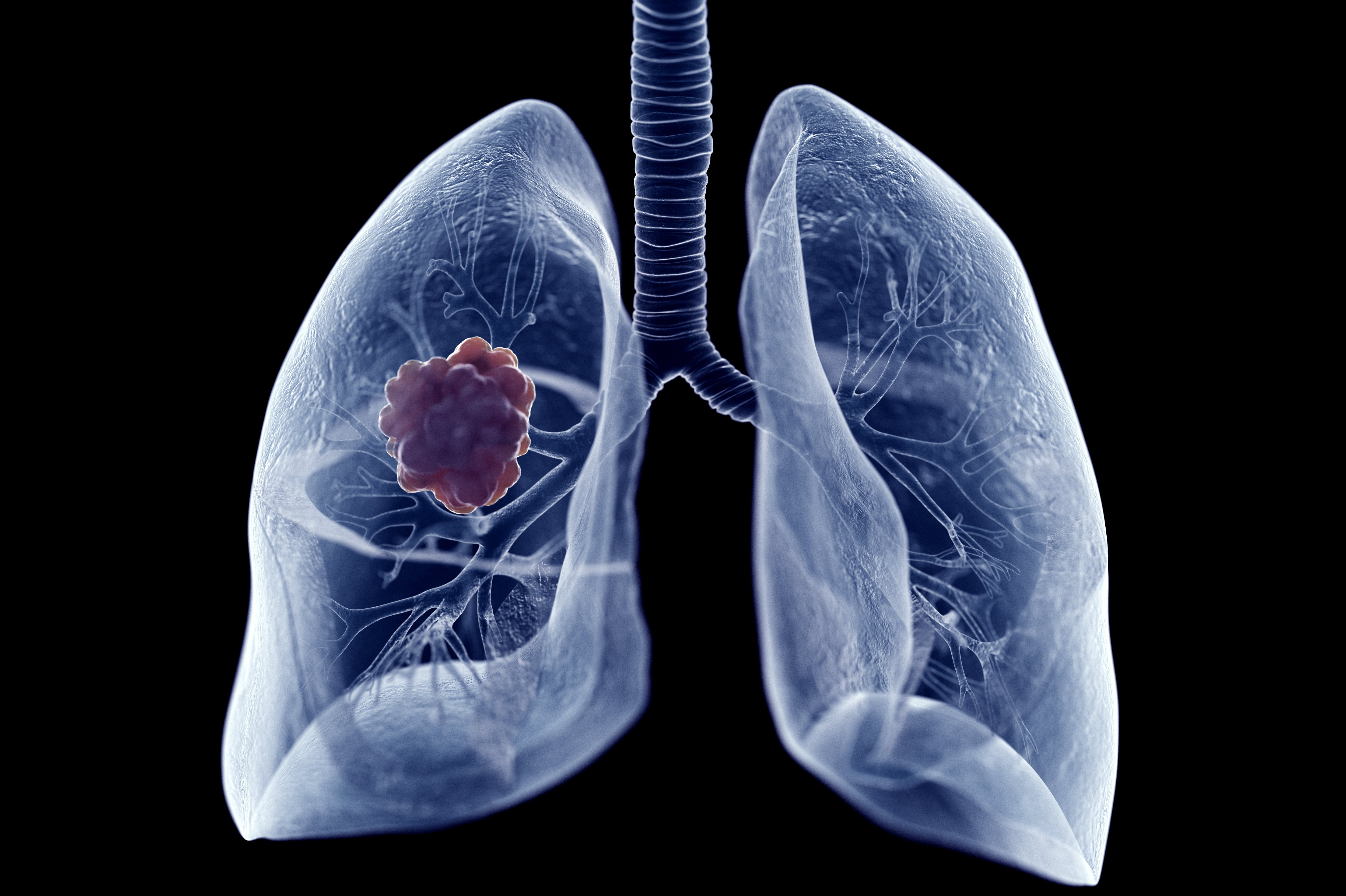
(Vienna, 21-04-2023) ‘SOLACE’, the new EU4Health project, was launched as part of the European Plan to Fight Cancer. The objective is to facilitate the implementation of lung cancer screening programmes across Europe and to break-down the barriers to early detection, thus ensuring that people from all social and economic groups have access to screening. The Medical University of Vienna is part of the co-ordination team and manages the sustainability and education tasks.
When used effectively, low-dose computed tomography (LDCT) can reduce lung cancer deaths by 20%. A new EU recommendation calls on member states to investigate the feasibility and effectiveness of LDCT for screening people at high risk of lung cancer. The EU-funded ‘Strengthening the screening of Lung Cancer in Europe’ (SOLACE) project supports the member states in the realisation and will provide a personalised tool-box to national and regional centres. The focus is on groups at higher risk of developing lung cancer due to health irregularities.
The first pilot programmes are being implemented in 10 EU countries. Many of these are in remote communities which are a challenge due to their distance from a hospital. One approach that SOLACE will take within the scope of the project, is to provide means of transport or mobile screening units.
The project will be carried-out by the SOLACE consortium, under the scientific leadership of experts appointed by the European Society of Radiology and the European Respiratory Society. The patient-led organisations, European Lung Foundation and Lung Cancer Europe, will provide input from the patient perspective. The MedUni Vienna is managing the sustainability and education tasks, and is part of the project co-ordination team.
In the long-term, the project will give insights into how best to implement a cost-effective screening programme for lung cancer, and which techniques are best-suited to reach those particularly high-risk groups; in this way, it can be ensured that those most at risk of developing lung cancer have access to high-quality screening.